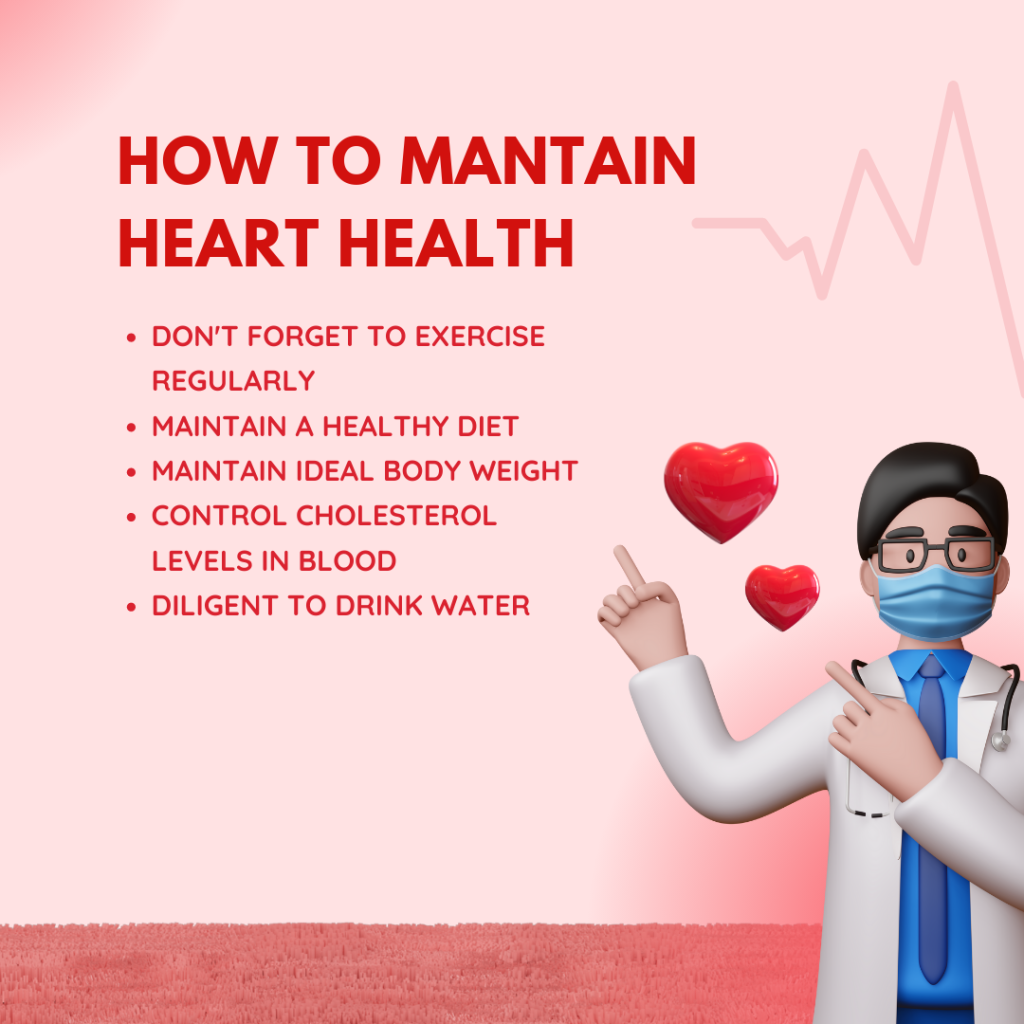Yes, You Can Work with Congestive Heart Failure: Tips for Balancing Health and Career
Are you living with congestive heart failure but still want to maintain a successful career? You’re not alone.
Balancing your health and professional life can be challenging, but with the right strategies, it is absolutely possible.
In this article, we’ll provide you with valuable tips and insights on how you can effectively manage congestive heart failure while thriving in your career.
We understand that your health is a top priority, but we also recognize the importance of pursuing your professional goals.
From simple lifestyle changes to efficient time management techniques, we’ll guide you through the steps to achieve a harmonious balance between your health and career.
Whether you’re an office worker, entrepreneur, or freelancer, this comprehensive guide will equip you with the knowledge and tools you need to not only survive but thrive while living with congestive heart failure.
So, let’s dive in and discover how you can continue to pursue your career while taking care of your heart.
Related Articles
Postpartum Congestive Heart Failure
The Link Between Sleep Apnea and High Blood Pressure
How to Cope With Congestive Heart Failure
Pictures of swollen ankles due to congestive heart failure
Understanding Congestive Heart Failure
Congestive heart failure occurs when the heart is unable to pump blood effectively, leading to a buildup of fluid in the body.
This condition can cause fatigue, shortness of breath, and limitations in physical activity.
It’s crucial to have a clear understanding of your condition and its impact on your daily life.
Consult with your doctor to gain insights into your specific situation, including any restrictions or precautions you need to take.
Being informed about congestive heart failure will help you make informed decisions about your career and lifestyle choices.

Balancing Health and Career with Congestive Heart Failure
Finding the right balance between your health and career is key to managing congestive heart failure effectively.
It’s important to prioritize your well-being while also pursuing your professional goals. Here are some strategies to help you strike a harmonious balance:
Talking to Your Employer About Your Condition
Open and honest communication with your employer is crucial when dealing with congestive heart failure.
Schedule a meeting with your supervisor or HR department to discuss your condition and any accommodations you may need.
This conversation will allow you to explain your limitations or requirements without fear of judgment or misunderstanding.
By proactively addressing your condition, you can work together to find solutions that promote your health and productivity.
Creating a Flexible Work Schedule
Flexibility is essential when managing congestive heart failure.
Consider discussing flexible work arrangements with your employer, such as adjusting your hours or working remotely when needed.
This flexibility will allow you to attend medical appointments, rest when necessary, and manage your symptoms effectively.
By working with your employer to create a flexible schedule, you can ensure that your health needs are met while still fulfilling your professional responsibilities.
Can I Still Work With Congestive Heart Failure?
Self-care is crucial for managing congestive heart failure while pursuing a career.
Prioritize activities that promote physical and emotional well-being, such as regular exercise, a balanced diet, and sufficient sleep.
Additionally, stress management techniques like meditation, deep breathing exercises, and mindfulness can help reduce the impact of stress on your heart.
By incorporating self-care practices into your daily routine, you can better manage your condition and maintain optimal health.

Tips for Staying Productive at Work
Despite living with congestive heart failure, you can still thrive in your career by adopting strategies to stay productive. Here are some tips to help you maximize your productivity while managing your condition:
Organize Your Tasks and Prioritize
Creating a to-do list and prioritizing tasks can help you stay focused and ensure that you accomplish the most important work first.
Break down larger projects into smaller, manageable tasks to avoid feeling overwhelmed.
By organizing your workload and prioritizing effectively, you can work more efficiently and reduce stress.
Take Regular Breaks
It’s essential to listen to your body and take regular breaks throughout the day.
Standing up, stretching, and moving around can help improve circulation and prevent fatigue.
Use these breaks to relax, hydrate, and recharge. By incorporating regular breaks into your workday, you can maintain your energy levels and stay focused.
Delegate and Ask for Help
Don’t be afraid to delegate tasks or ask for help when needed. Recognize that you can’t do everything on your own, and seeking support from colleagues or outsourcing certain responsibilities can lighten your workload.
Delegating tasks allows you to focus on your core responsibilities and manage your energy levels effectively.
Seeking Support from Coworkers and Loved Ones
Living with congestive heart failure can be emotionally challenging. It’s crucial to surround yourself with a supportive network of coworkers, friends, and family.
Share your experiences and concerns with trusted individuals who can provide emotional support.
Having someone to lean on during difficult times can make a significant difference in managing your condition while maintaining a successful career.
Financial Considerations and Resources for Individuals with Congestive Heart Failure
Living with congestive heart failure may entail financial considerations. Medical expenses, medications, and potential time off work can impact your financial stability.
It’s important to be aware of available resources and support systems that can help alleviate the financial burden.
Research government programs, insurance coverage, and non-profit organizations that provide financial assistance to individuals with chronic health conditions.
By exploring these resources, you can ensure that your financial well-being is not compromised while managing your condition.
Taking Care of Your Mental Health
Living with congestive heart failure can take a toll on your mental well-being.
The stress and anxiety associated with managing a chronic condition can affect your overall quality of life. It’s crucial to prioritize your mental health and seek professional help if needed.
Consider therapy or counseling to develop coping mechanisms and strategies for dealing with the emotional impact of your condition.
Taking care of your mental health is just as important as managing your physical health.
Conclusion
Living with congestive heart failure does not mean giving up on your career aspirations. With the right strategies and support, you can effectively manage your health while thriving in your professional life.
By understanding your condition, communicating with your employer, and implementing self-care practices, you can balance your health and career successfully.
Remember to prioritize your well-being, seek support when needed, and take advantage of available resources.
With determination and resilience, you can continue to pursue your career while taking care of your heart.
Related Articles
Health Disparities in Mississippi
Dandelion Root and Diabetes
Benefit of Motherwort
Causes of Mental Status in the Elderly
Red Bull and Heart Failure
References
https://www.disabilitybenefitscenter.org/disability-work/heart-failure


